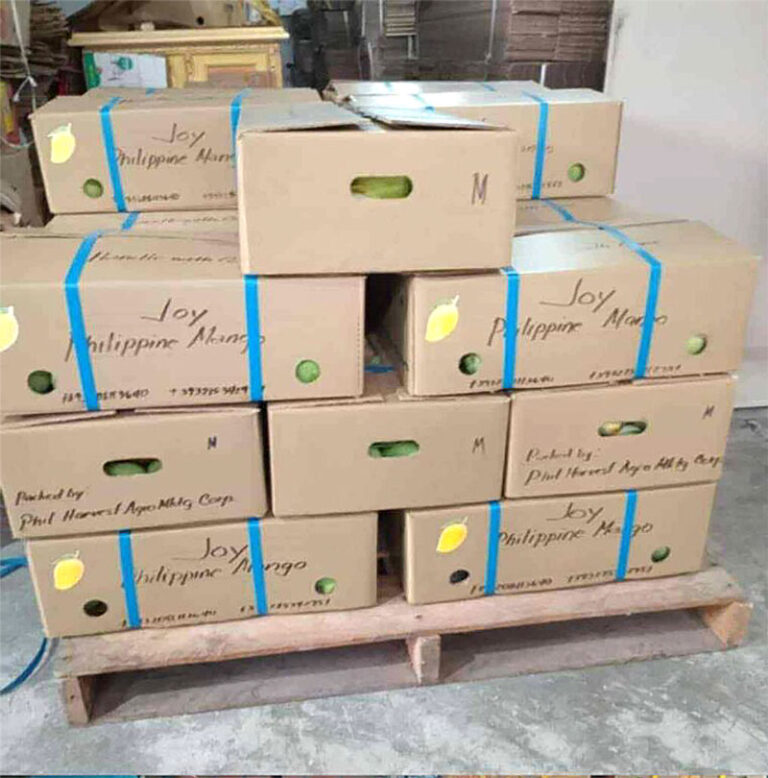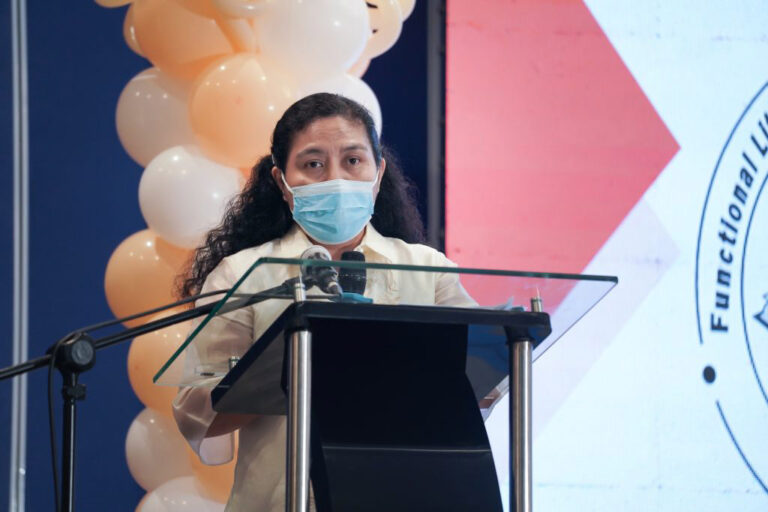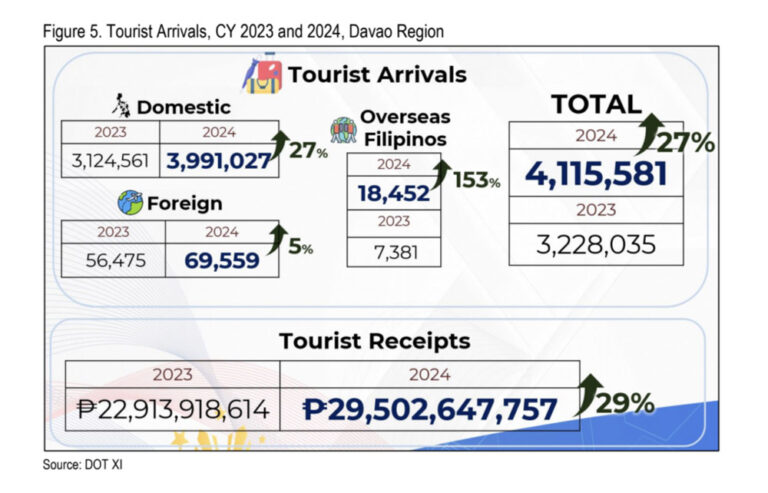ZAMBOANGA CITY has expressed support to President Duterte’s pronouncement to reopen barter trading in Mindanao to hasten progress and development in the region.
City Administrator Apple Go, in a recent business conference by the Confederation of Barter Traders Associations, Inc., said the administration of Mayor Beng Climaco is all-out in supporting Duterte’s revival of the barter trade.
Go represented Climaco in the “Business Conference for Effective Barter Trading,” which was attended by local investors and Malaysian businessmen.

Zamboanga City currently hosts the biggest barter centers in the South and is a magnet for tourists who wanted to bring home barter goods – from beautiful and hand-crafted cloth to brass jars and assorted goodies and other items from Malaysia and Indonesia.
Duterte wanted Sulu to be the trading hub in the region, but he warned merchants not to engage in smuggling. “Maybe I will permanently open Sulu as a barter trade area, tanggalin ko ‘yung controls, but no outright smuggling,” he said at a religious television show hosted by Pastor Apollo Quiboloy.
Climaco is also very active in the government’s anti-smuggling campaign and vowed to put a stop to the nefarious activities by unscrupulous traders who used Zamboanga’s long coastline to smuggle rice, petrol and sugar among other commodities from neighboring countries of Malaysia and Indonesia.
She has repeatedly warned smugglers to stay out of Zamboanga as she ordered police and military forces to help curb smuggling activities, not only in the city, but in Zamboanga Peninsula where she sits as chairperson of the Regional Peace and Order Council. And she commended authorities for their continuous efforts against smuggling activities in support of Duterte’s unwavering campaign.
Kuala Lumpur imposed the ban on April 2016 following the spate of cross-border kidnappings in Sabah, which is near the Tawi-Tawi chain of islands in southern Philippines. But late last year, Malaysian media reported that Sabah will lift its ban with the Philippines in January this year to encourage economic activities.
The decision to lift the ban came from the State Security Council and this was confirmed by Chief Minister Datuk Seri Mohd Shafie Apdal.
Shafie said that strict standard operating procedures and guidelines would be put in place to ensure that the barter trade is not abused and is geared towards business, adding among the guidelines was to stop the trading of subsidised goods like gas cylinders from Sabah.
He said the key trading points for barter trade would be at northern Kudat, east coast Sandakan, Tawau and Lahad Datu. “Barter traders were not the cause of kidnappings. It was a claim that led to the ban on barter trade,” Shafie said.
Barter trade has become an integral part of trading activity in the Brunei-Indonesia-Malaysia–Philippines’s East Asean Growth Area. A Universiti Malaysia Sabah survey in 2017 found that the trade benefited communities living along the borders between Sabah, southern Philippines and Indonesia’s Kalimantan.
Shafie also said that security in the east coast of Sabah remains at a high level for any cross-border threats. In 2017, Duterte promised to revive barter trading with Malaysia, particularly in the Sulu Archipelago, in an effort to relive the long lost tradition and help hasten the economy in the area.
Duterte even sent then Customs Commissioner Nicanor Faeldon to Sulu province where he met with provincial leaders headed by then Governor Toto Tan and representatives of various sectors to discuss the revival of the barter trade – which had flourished for many centuries in the past – with municipal mayors, local traders and entrepreneurs and members of the Sulu Chinese Chambers of Commerce.
In that meeting, Tan also shared his memories with Faeldon and said “during the glory days of trading with Malaysia, there was no outbreak of violence as it is now because everybody was busy with making a living and simply plying their trade. The only thing you need during those times was simply your credibility as a trader and trust,” he said.
Duterte said the government is sincere in helping not only the local economy and reviving the old barter tradition, but also to ensure that people, especially the poor, will benefit from this.
Tan, now vice governor of Sulu, praised Duterte for his sincerity and pledges he made to the Tausug people, and thanked him for his frequent visit to the province. Locals also welcomed the revival of barter trading and thanked the government for its effort in bringing back the tradition which their ancestors began.
Sulu was the center of trade in the past and had been exchanging goods with Chinese merchants. (Mindanao Examiner and Zamboanga Post.)
Like Us on Facebook: The Mindanao Examiner
Like Us on Facebook: The Zamboanga Post
Follow Us on Twitter: Mindanao Examine
Read And Share Our News: Mindanao Examiner Website
Mirror Site: Mindanao Examiner Blog
Digital Archives: Mindanao Examiner Digital
Media Rates: Advertising Rates



